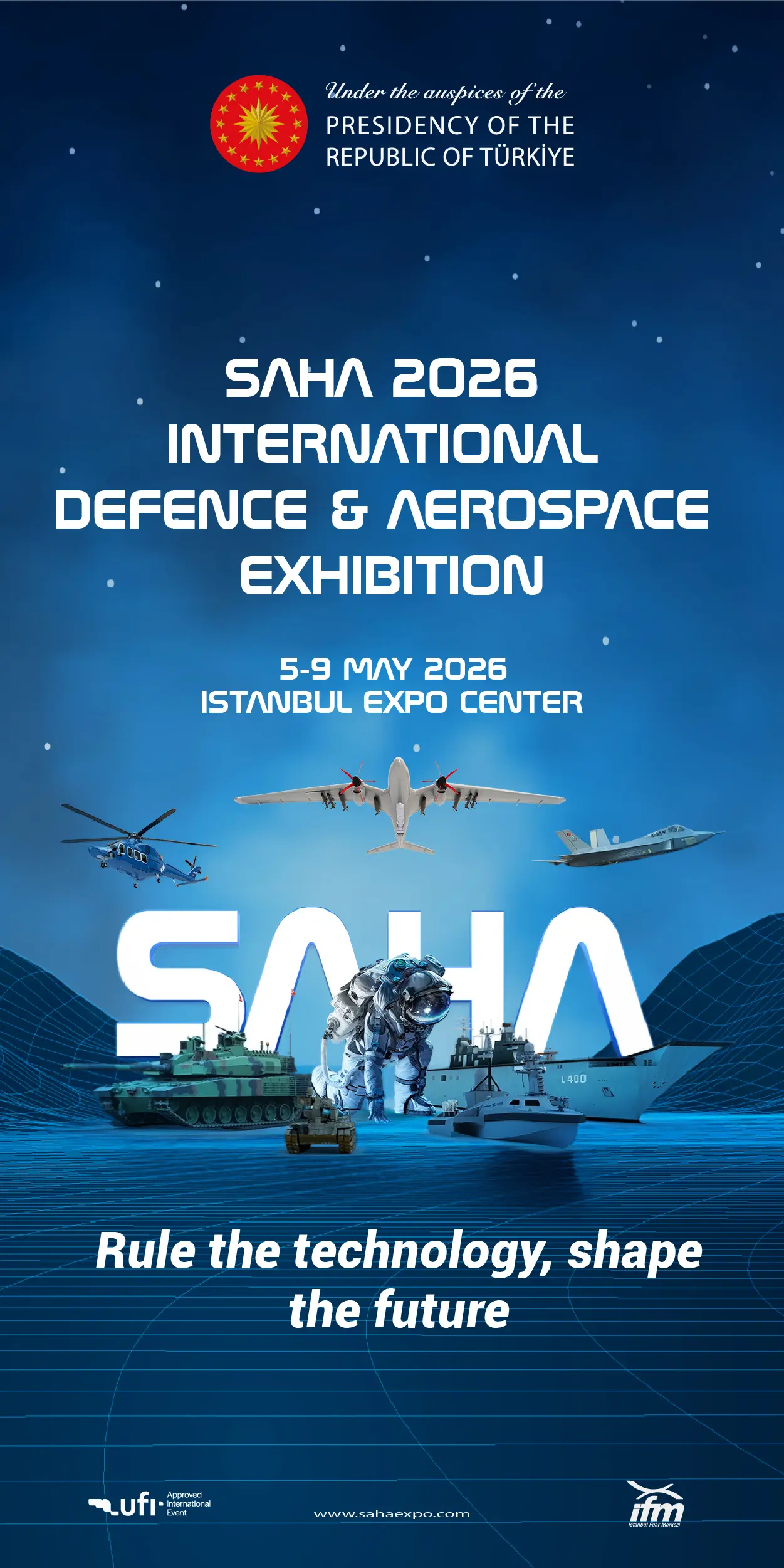
She was a small woman in an exquisitely embroidered Afghan jacket — but her message was powerful. When physician and activist Sima Samar came to Ottawa in 2010 to speak at the annual general meeting of the Canadian Federation of University Women, she made a lasting impression.
The chairwoman of the Afghan Independent Humans Rights Commission and former Afghanistan minister of women’s affairs was, that same year — and again in 2011 and 2012 — nominated for the Norwegian Nobel Peace Prize. Last year, she won Sweden’s Alternative Nobel Prize. The doctor, who has worked at Afghan refugee camps in Pakistan, and opened clinics and schools there, was a refugee during the Soviet occupation of Afghanistan after her husband was arrested, disappeared and was never found.
In Canada, Dr. Samar opened our hearts and minds to the plight of Afghan women and gave us a sense of their resilience against the strictures of a society in which women’s rights are fragile, and where in 2010, women were declared “secondary” by the Karzai government.
Her passion and courage motivated us to form a study group (University Women Helping Afghan Women) dedicated to understanding the issues facing the women of Afghanistan, making others aware of their vulnerability and supporting them financially where possible.
We began by inviting Senator Mobina Jaffer to speak to a downtown lunchtime session on the new Senate standing committee report, released in 2010, that promised to protect and preserve women’s rights in Afghanistan. We heard from Canadian experts, NGOs, diplomats, Afghan university students and members of the Afghan diaspora now living in the capital. We attended lectures at the University of Ottawa and at the Aga Khan Foundation, which emphasized that grassroots strategies work best. We read articles and watched online videos featuring brave young activists in Kabul. We kept a book list for members to read.
We discovered the extensive network of Canadians already making a difference for Afghan women. Members of Canadian Women for Women in Afghanistan is an example of a group whose members listen to Afghan women and work with Afghan partners to build and open schools for girls, train teachers, help develop curriculum, create portable libraries and science kits, launch internet cafés and so much more. Also exemplary is the dedication of Ryan Aldred, a military reservist whose work with Afghans has spearheaded the Canadian International Learning Foundation, which brings employment-oriented education to Afghan girls through distance-learning from Canada.
Our study has led to advocacy action. CFUW sent a letter to Prime Minister Stephen Harper, encouraging support for Afghan women’s participation at the Bonn 11 Conference held in December 2011. Another letter to Mr. Harper expressed strong disapproval of the Karzai government labeling women as “secondary.”
We remind our politicians that we are watching where the money they designate to Afghan women at international conferences goes. And we remind our law-makers that promises made — to include Afghan women at the international peace table and to push for their full human rights — must be kept.
Dr. Samar is still our eyes and ears in Kabul. In 2010, she opened the Gawharshad Institute of Higher Learning to prepare youth, particularly girls, to take a leading role in civil society. Our Ottawa group sponsors 10 young women to attend the institute and director Nasima Rahmani takes time to send us news of their triumphs and tragedies.
To support our girls we have held “musical lunches” at the National Arts Centre to raise funds and talk about this remarkable school. Another fundraiser, titled Voices from Afghanistan, was held one June evening in a member’s garden and included many guests with an interest in the country and a panel of experts giving their thoughtful opinions.
When the International Federation of University Women meets in Turkey this summer, we will bring the Afghan women’s story to the conference. A resolution to be forwarded to the UN, a seminar on gender inequalities in education and an associated workshop are being developed by our members.
Besides heartbreaking tales of brutality, we hear inspiring stories of the young, who make up more than half of Afghanistan’s population. Young women have marched against oppression, championed women’s rights and taken every opportunity to talk to their male peers. These leaders are tech-savvy, with access to the Internet, Facebook and mobile phones. We hope this demographic influence will make the difference when troops withdraw and any gains in health care and education become threatened.
The Canadian Federation of University Women has been keeping a wary eye on government since its founding in 1919. Today, 9,000 members in 110 clubs from coast to coast continue the task.
Dianne Rummery has been a member of the CFUW-Ottawa since 1994.



